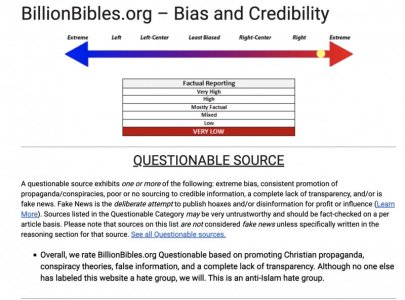NYT Oslo Accords
I'm posting this moderated conversation w 6 panelists w a wide range of viewpoints and experience so that any of you that are actually serious about understanding what happened and why should spend some time w it. I promise you'll learn something. The time line starts in 1947, but obviously this piece of ground was an issue 100's of years before that.
Please don't over look the comments from readers of the NYT and replies from the staff. They are often equally or more insightful than the articles themselves.
The Panelists:
Omar Dajani is a professor at the McGeorge School of Law at the University of the Pacific. From 1999 to 2001, he served as a legal adviser to the Palestinian negotiating team in peace talks with Israel, participating in the summits at Camp David and Taba. He currently sits on the board of
A Land for All, an Israeli-Palestinian peace group.
Dana El Kurd is an assistant professor at the University of Richmond and author of
‘‘Polarized and Demobilized: Legacies of Authoritarianism in Palestine.’’ She is also a nonresident senior fellow at the Arab Center Washington D.C.
Efraim Inbar is president of the Jerusalem Institute for Strategy and Security and head of the program in strategy, diplomacy and security at Shalem College in Jerusalem. He was a professor of political studies at Bar-Ilan University and the founding director of the Begin-Sadat Center for Strategic Studies. He is the author of
‘‘Rabin and Israel’s National Security,’’ published in 1999.
Daniel Kurtzer was the United States ambassador to Egypt from 1997 to 2001 and the ambassador to Israel from 2001 to 2005. He is a professor at Princeton University’s School of Public and International Affairs.
Avishai Margalit is a professor emeritus at the Hebrew University of Jerusalem. He was the George Kennan Professor at the Institute for Advanced Study at Princeton from 2006 to 2011. He is a member of the Israel Academy of Sciences and Humanities and a senior research fellow at the Van Leer Jerusalem Institute.
Khalil Shikaki is a professor of political science, director of the Palestinian Center for Policy and Survey Research in Ramallah and a senior fellow at the Crown Center for Middle East Studies at Brandeis University. Since 1993, he has conducted more than 200 polls among Palestinians in the West Bank and the Gaza Strip and, since 2000, dozens of joint polls among Palestinians and Israelis.
Limor Yehuda is a lecturer at the faculty of law at the Hebrew University and a research fellow at Haifa University and the Van Leer Jerusalem Institute. She is also the author of the recent book
‘‘Collective Equality: Democracy and Human Rights in Ethno-National Conflicts’’ and a founder of the Israeli-Palestinian peace group
A Land for All.
Emily Bazelon, a staff writer for The New York Times Magazine, moderated the discussion.


